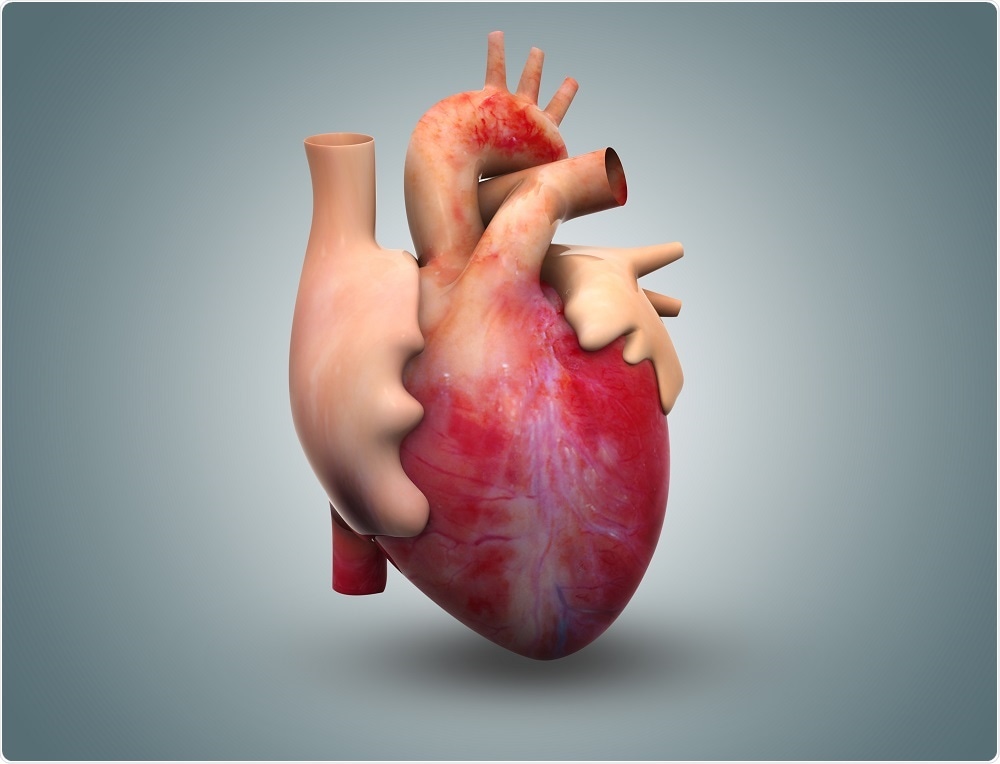Engineering researchers at the University of Toronto have developed a “training” device that can be used to grow cardiac tissue and measure how effectively it beats.
 Gen Epic Solutions | Shutterstock
Gen Epic Solutions | Shutterstock
The device, called Biowire II, could be used in the future to test potential drug candidates and pave the way for new applications in personalized medicine.
Many potential new drugs fail because of toxicity issues, and cardiac toxicity is a major challenge. You can test potential drugs on heart cells grown in a petri dish, but those cells don't look the same as the cells in a real heart, and you can't get much information about their actual cardiac function.”
Milica Radisic, Lead Researcher
Radisic and her colleagues develop devices that can help to address this problem by enabling lab-grown cells to form tissue that better resembles human tissue.
The Biowire II device is a more advanced version of a previous Biowire platform the team built five years ago. Biowire pulses electricity through cardiac cells to elongate them until they become more like the mature cells seen in a real human heart.
Similarly, Biowire II also uses electrical pulses to exercise heart cells, but this time the “training” regimen has been refined to grow cardiac tissue that is even more life-like.
As recently described in the journal Cell, Biowire II contains two elastic wires that the heart cells grow between to form a small band of cardiac tissue. These wires bend with each beat of the tissue and by measuring the extent of this deflection, scientists can determine the strength of the contractual force.
The advantage of this system is that it tells us how a given drug molecule is affecting the cardiac output by examining forces of contraction and other key functional readouts.”
Yimu Zhao, Lead Author
This could not only help researchers find new drugs to treat heart conditions, but also help them to eliminate any drugs that could adversely affect the heart.
The ability to accurately determine the effects of potential heart drugs could help bring personalized medicine closer to reality by enabling researchers to home in on the treatments that are most likely to work for a given individual.
Further studies will be needed before the technology can be used for this, but it is already being applied commercially by a company called TARA Biosystems.
“They are already using a modified version of our protocol to carry out cardiac drug testing studies for pharmaceutical companies,” says Zhao.
Radisic refers to the impact that Biowire II is already having as gratifying:
If our lab-grown tissues can keep dangerous drugs out of the pipeline and help find new drugs to treat heart conditions, it will save thousands of lives.”
Milica Radisic, Lead Researcher